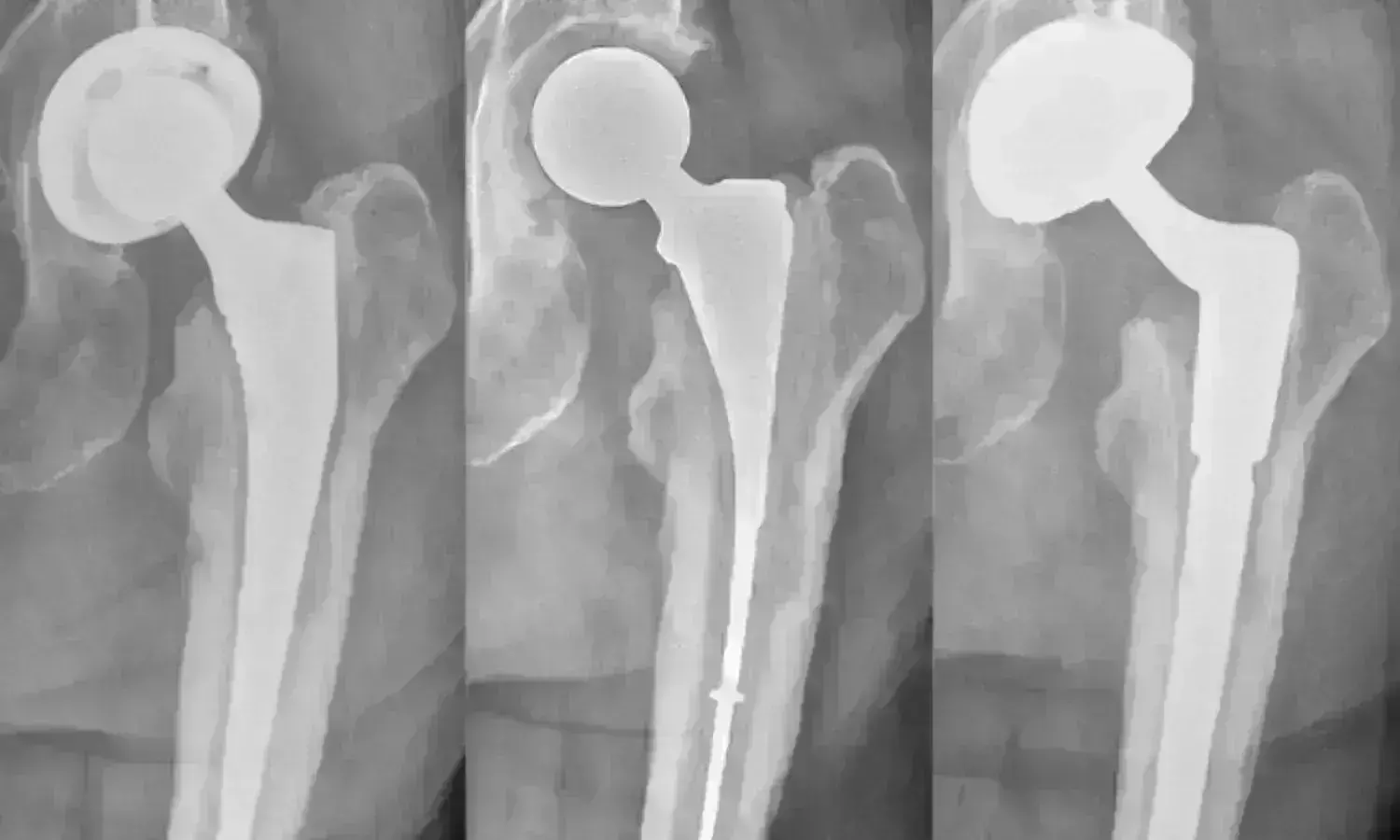- Home
- Medical news & Guidelines
- Anesthesiology
- Cardiology and CTVS
- Critical Care
- Dentistry
- Dermatology
- Diabetes and Endocrinology
- ENT
- Gastroenterology
- Medicine
- Nephrology
- Neurology
- Obstretics-Gynaecology
- Oncology
- Ophthalmology
- Orthopaedics
- Pediatrics-Neonatology
- Psychiatry
- Pulmonology
- Radiology
- Surgery
- Urology
- Laboratory Medicine
- Diet
- Nursing
- Paramedical
- Physiotherapy
- Health news
- Fact Check
- Bone Health Fact Check
- Brain Health Fact Check
- Cancer Related Fact Check
- Child Care Fact Check
- Dental and oral health fact check
- Diabetes and metabolic health fact check
- Diet and Nutrition Fact Check
- Eye and ENT Care Fact Check
- Fitness fact check
- Gut health fact check
- Heart health fact check
- Kidney health fact check
- Medical education fact check
- Men's health fact check
- Respiratory fact check
- Skin and hair care fact check
- Vaccine and Immunization fact check
- Women's health fact check
- AYUSH
- State News
- Andaman and Nicobar Islands
- Andhra Pradesh
- Arunachal Pradesh
- Assam
- Bihar
- Chandigarh
- Chattisgarh
- Dadra and Nagar Haveli
- Daman and Diu
- Delhi
- Goa
- Gujarat
- Haryana
- Himachal Pradesh
- Jammu & Kashmir
- Jharkhand
- Karnataka
- Kerala
- Ladakh
- Lakshadweep
- Madhya Pradesh
- Maharashtra
- Manipur
- Meghalaya
- Mizoram
- Nagaland
- Odisha
- Puducherry
- Punjab
- Rajasthan
- Sikkim
- Tamil Nadu
- Telangana
- Tripura
- Uttar Pradesh
- Uttrakhand
- West Bengal
- Medical Education
- Industry
Perioperative periprosthetic joint infection prevention in total hip and knee replacement: European consensus

UK: A recent study in the Journal of Clinical Medicine reports one European consensus on the prevention of periprosthetic joint infection in total hip and knee replacement.
Periprosthetic joint infection (PJI) is a devastating complication in total hip and knee replacement. Its prevention is critical to decrease the incidence and avoid some consequences that seriously affect patients and health systems. Considering the variety of recommendations and guidelines, Basilio J. De la Torre, University of Alcalá, Madrid, Spain, and the team conducted an expert, peer-reviewed European consensus analysis about the pre-, intra-, and postoperative prevention of PJI. A series of 47 consensus statements were developed by a multinational group of practicing orthopedic experts in 6 main groups of intervention, and a 2-stage Delphi approach was launched with a threshold for agreement at 75% and for very high agreement at more than 90%. A total of 306 orthopedic surgeon responses were gathered from 9 countries. The consensus was reached for 42/47 statements, 31/47 of which achieved a very high consensus.
In hip and knee surgery, the following measures are recommended to minimize the risk of PJI:
- Patient education should involve skin cleaning techniques using a remnant antiseptic solution
- Patient education should involve skin cleaning techniques using a remnant antiseptic solution
- Alcoholic chlorhexidine offers greater protection than alcoholic povidone-iodine against PJI
- Alcohol-based solutions should be used in surgical hand preparation
- A standardized approach to the use of antiseptics should be in place, with particular attention to the incision site
- Antibiotic prophylaxis should be administered prior to surgery and not routinely prolonged
- Traffic and number of personnel in the operating room should be kept to a minimum
- Tranexamic acid and hemostatic agent use should be optimized to reduce the need for a surgical drain
- Structured surveillance and reporting protocols for PJI should be in place
- Specific guidelines for PJI should be developed and implemented; these should be tailored to individual patient risk factors
- Guidelines based on level 1 or 2 evidence should be considered mandatory
- Infections that appear 30 days post-surgery may still be considered to be PJI.
"This study confirms an important consensus among orthopedic surgeons across Europe in many areas well known to contribute to the prevention of PJI; however, there are still grounds for improvement," the authors concluded.
Reference:
Gómez-Barrena, E.; Warren, T.; Walker, I.; Jain, N.; Kort, N.; Loubignac, F.; Newman, S.; Perka, C.; Spinarelli, A.; Whitehouse, M.R.; Zagra, L.; De la Torre, B.J. Prevention of Periprosthetic Joint Infection in Total Hip and Knee Replacement: One European Consensus. J. Clin. Med. 2022, 11, 381. https://doi.org/10.3390/jcm11020381
Dr Kamal Kant Kohli-MBBS, DTCD- a chest specialist with more than 30 years of practice and a flair for writing clinical articles, Dr Kamal Kant Kohli joined Medical Dialogues as a Chief Editor of Medical News. Besides writing articles, as an editor, he proofreads and verifies all the medical content published on Medical Dialogues including those coming from journals, studies,medical conferences,guidelines etc. Email: drkohli@medicaldialogues.in. Contact no. 011-43720751


